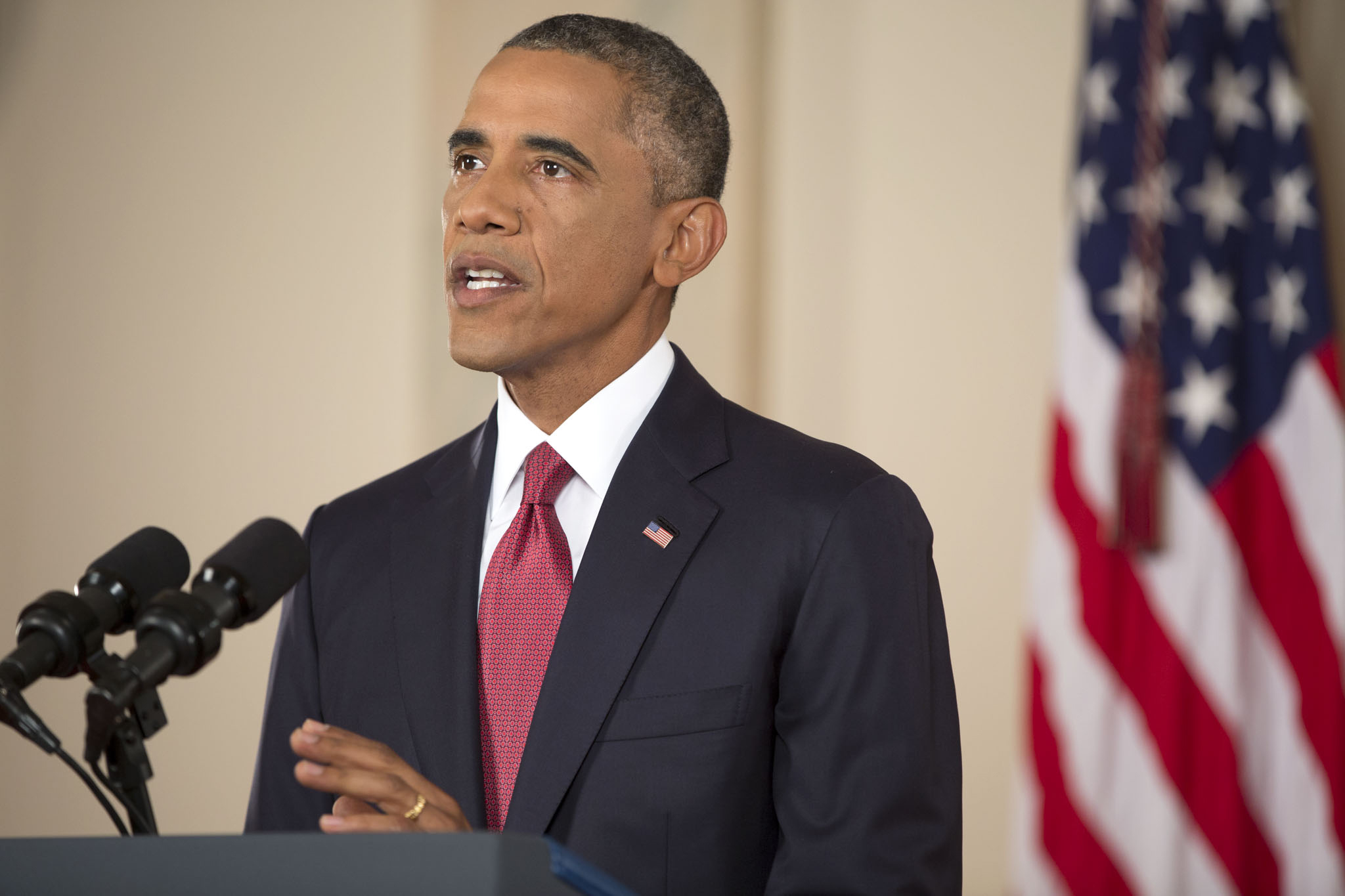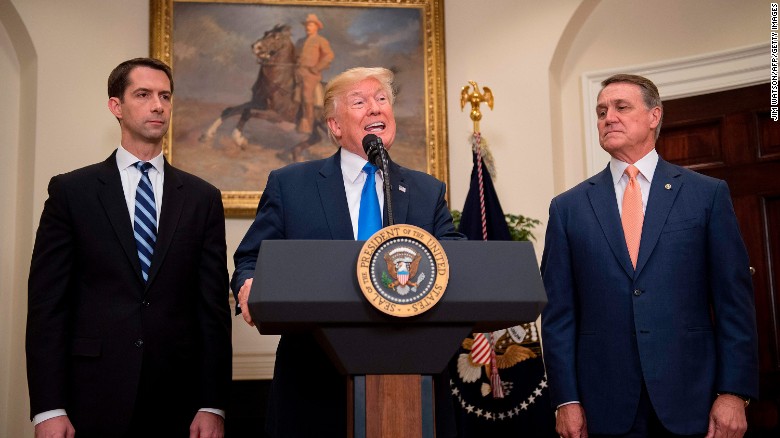1. What is DV Lottery program?
The ''Diversity Visa Lottery'' also known as ''Green Card Lottery'' is a congressionally-mandated Immigrant Visa Program. Each year it provides some 50,000 Diversity Visas for immigrants from countries with historically low rates of immigration to the United States. The diversity visas is distributed among six geographic regions, and no single country may receive more than 7 percent of the available visas in any one year.
2. How much does it cost to apply for the DV Lottery?
There is no cost to apply for the DV Lottery program. If you are selected you will pay for the visa fees at the embassy or consulate during your interview.
3. How do I apply for the DV Lottery?
Online registration for the DV-2020 Program began on Wednesday, October 03, 2018 at 12:00 noon, Eastern Daylight Time (EDT) (GMT-4), and will conclude on Tuesday, November 06, 2018 at 12:00 noon, Eastern Standard Time (EST) (GMT-4).
Watch this
video for a step -by-step guide on how to apply for the DV Lottery.
4. Why is my country not eligible for this year's DV Lottery program?
Countries that have had more than 50,000 immigrants to the United States in the previous five years are ineligible to apply for the DV Lottery. The list of countries can change from year to year.
The following countries are not eligible to apply for the DV-2020 program:
Bangladesh, Brazil, Canada, China (mainland-born), Colombia, Dominican Republic, El
Salvador, Haiti, India, Jamaica, Mexico, Nigeria, Pakistan, Peru, Philippines, South Korea,
United Kingdom (except Northern Ireland) and its dependent territories, and Vietnam.
Persons born in Hong Kong SAR, Macau SAR, and Taiwan are eligible.
5. Can I use the same photo I submitted in last year's application?
No. Your entry will be disqualified if you enter the same photo from last year.You must use a photo taken within the last six months. See
DV Lottery Digital Photograph compositional and technical specifications
6. How does the diversity visa benefit me?
The Diversity Visa allows you to live and work in the United States.
7. Will the US government help me with my expenses if I'm selected for the lottery?
The US Government will not pay for your airfare, find you a job or find you a place to live. During your visa application you will have to prove that you are unlikely to become dependent on the US government for your living expenses.
8. How do I know if I am selected?
You must use your confirmation number to access the Entrant Status Check available on the E-DV website at
dvlottery.state.gov starting May 3, 2019, through at least September 30, 2019. Entrant Status Check is the sole means by which the Department of State will notify you if you are selected, provide further instructions on your visa application, and notify you of your immigrant visa interview appointment date and time. In order to ensure the use of all available visas, the Department of State may use Entrant Status Check to notify additional selectees after May 2, 2017. Retain your confirmation number until September 30, 2019 in case of any updates. The only authorized Department of State website for official online entry in the Diversity Visa Program and Entrant Status Check is
dvlottery.state.gov
9. How will I know if I am not selected? Will I be notified?
The Department of State
will NOT notify you directly if your entry is not selected. You must use the Entrant Status Check to learn whether you were selected. You may check the status of your DV-2020 entry through the Entrant Status Check on the E-DV website at starting May 1, 2019, until September 30, 2019. Keep your confirmation number until at least September 30, 2019.
10. What if I lose my confirmation number?
You must have your confirmation number to access Entrant Status Check. A tool is now available in Entrant Status Check (ESC) on the E-DV website that will allow you to retrieve your confirmation number via the email address with which you registered by entering certain personal information to confirm your identity.
U.S. embassies and consulates and the Kentucky Consular Center are unable to check your selection status for you or provide your confirmation number to you directly (other than through the Entrant Status Check retrieval tool). The Department of State is NOT able to provide a list of those selected to continue the visa process.
11. How many individuals will be selected for DV-2020?
For DV-2019, 50,000 Diversity Visas are available. Because it is likely that some of the first 50,000 persons who are selected will not qualify for visas or not pursue their cases to visa issuance, more than 50,000 entries will be selected to ensure that all of the available DVs are issued. However, this also means that there may not be a sufficient number of visas for all those who are selected.
Each month, visas will be issued to those applicants who are eligible for issuance during that month, as long as visas are available. Once all of the 50,000 DV visas have been issued, the program will end. Visa numbers could be finished before September 2019. Selected applicants who wish to apply for visas must be prepared to act promptly on their cases.
Being randomly chosen as a selectee does not guarantee that you will receive a visa. Selection merely means that you are eligible to apply for a Diversity Visa. If your rank number becomes eligible for final processing, you potentially may be issued a Diversity Visa. Only 50,000 visas will be issued to such applicants.
12. How will successful entrants be selected?
All entries received from each region are individually numbered; at the end of the entry period, a computer will randomly select entries from among all the entries received for each geographic region. Within each region, the first entry randomly selected will be the first case registered; the second entry selected will be the second case registered, etc. All entries received within each region during the entry period will have an equal chance of being selected. When an entry has been selected, the entrant will receive notification of his or her selection through the Entrant Status Check available starting May 1, 2019, on the E-DV website
dvlottery.state.gov. If you are selected and you respond to the instructions provided online via Entrant Status Check, the Department of State’s Kentucky Consular Center (KCC) will process the case until those selected are instructed to appear for visa interviews at a U.S. Embassy or Consulate or until those in the United States who are applying to adjust status apply with USCIS in the United States.
13. I am already in the United States. If selected, may I adjust my status with USCIS?
Yes, provided you are otherwise eligible to adjust status under the terms of Section 245 of the Immigration and Nationality Act (INA), you may apply to USCIS for adjustment of status to permanent resident. You must ensure that USCIS can complete action on your case, including processing of any overseas applications for a spouse or for children under 21 years of age, before September 30, 2019, since on that date your eligibility for the DV-2020 program expires. The Departnment of State will not approve any visa numbers or adjustments of status for the DV-2020 program after midnight EDT on September 30, 2019, under any circumstances.
14. If I am selected, for how long am I entitled to apply for a Diversity Visa?
If you are selected in the DV-2020 program, you are entitled to apply for visa issuance only during U.S. government Fiscal Year 2019, which spans from October 1, 2019, through September 30, 2020. We encourage selectees to apply for visas as early as possible, once their program rank numbers become eligible.
Without exception, all selected and eligible applicants must obtain their visa or adjust status by the end of the fiscal year. There is no carry-over of DV benefits into the next year for persons who are selected but who do not obtain visas by September 30, 2020 (the end of the fiscal year). Also, spouses and children who derive status from a DV-2020 registration can only obtain visas in the DV category between October 1, 2019, and September 30, 2020. Individuals who apply overseas will receive an appointment notification from the Department of State through Entrant Status Check on the E-DV website four to six weeks before the scheduled appointment.
15. If a DV selectee dies, what happens to the case?
If a DV selectee dies at any point before he or she has traveled to the United States or adjusted status, the DV case is automatically closed. Any derivative spouse and/or children of the deceased selectee will no longer be entitled to apply for a DV visa. Any visas that were issued to them will be revoked.














